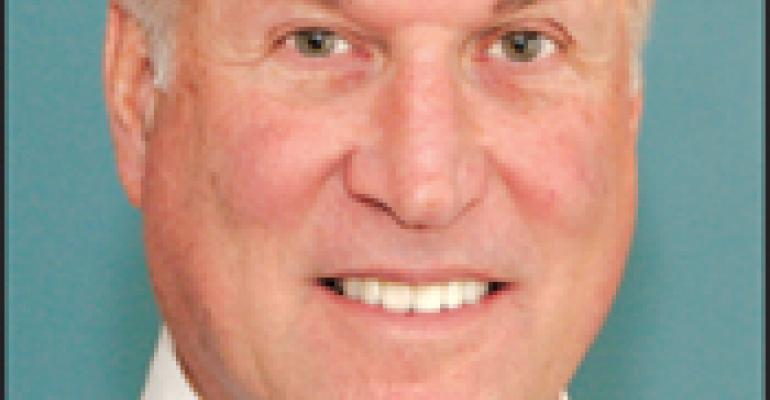There’s an old joke about a drunk who’s frantically looking for his car keys under a streetlight. A passerby notices the scene and asks him where he thinks he dropped them. The drunk points to a nearby parking lot.
Stunned, the stranger asks him why he isn’t looking over there. The drunk replies, “Because the light is much better over here.”
Such misdirected energy has become endemic among many activist campaigns. They keep plugging “solutions” that don’t actually address their pet problems. Useful policy proposals are left to languish outside the well-lit niches of public discourse.
Why’s that? Because real public policy solutions are often complex and therefore don’t easily translate into sound bites. Plus, real solutions have the nasty habit of being politically unpopular, primarily because they place the blame on the people who actually deserve it rather than on the people who are easiest to demonize.
Take, for instance, Mothers Against Drunk Driving. Everyone supports the goal of keeping drunken drivers off the road. The problem is MADD’s favored solution: laws requiring every car to be fitted with an “ignition interlock”—a device that measures the driver’s blood-alcohol level and prevents the car from starting if it senses you’ve been drinking. Anything.
This approach flat-out ignores the statistics showing that the vast majority of drunken-driving arrests are attributable to a small group of repeat offenders who are hard-core alcoholics, not moderate social drinkers.
Given the statistics, MADD shouldn’t be pushing for policies that burden everyone. But they are, presumably because mandatory gadgets are easier for them to flack than targeted—and effective—policies like roving police patrols, alcoholism rehabilitation and fines proportional to a drunken driver’s blood alcohol level.
Another example is the campaign by the Association of Community Organizers for Reform Now, or ACORN, a union-affiliated progressive advocacy group, to raise the minimum wage.
The problem ACORN is trying to address, that employees perpetually paid subsistence-level wages have a hard time getting by, is similarly uncontroversial. And it’s no surprise that ACORN is hawking a higher minimum wage as a solution, since it enjoys widespread support among the American public.
But the minimum wage does little to address the reason why most poor people don’t earn a lot of money: lack of skills. And studies show that by arbitrarily making each employee more expensive, it exacerbates unemployment, which is tightly linked to poverty.
Getting at the root of poverty requires looking past the old arguments. A major priority should be an expansion of government assistance programs that encourage workers to acquire more skills, like the Earned Income Tax Credit.
Another typical activist campaign is the one against rising obesity rates. The activist Center for Science in the Public Interest is quick to point the finger at the availability and abundance of “bad” foods. They push for a host of intrusive government regulations on the contents of food to get us thinner.
But their one-size-fits-all edicts ignore a well-established fact: The obese are disproportionately likely to be poor. CSPI and others should be advocating for policies that affect the food environment in low-income communities. A real solution might be restrictions on what sorts of foods can be purchased with foods stamps.
Then again, it is a lot easier to just make food companies and restaurants look like the bad guys, and to get the government to control what everybody eats, regardless of behavior. In doing so, they sidestep the potentially unpopular notion that individual decisions determine individual health.
MADD, ACORN and CSPI are all fixated on a small set of policies that offer little in the way of real solutions while ignoring those that make more sense. What’s needed is a refocusing of their efforts on the darker areas of public policy, outside their well-lit talking points.
Richard Berman is president of Berman & Co., a Washington, D.C.-based lobbying firm specializing in research, communications and advertising.





